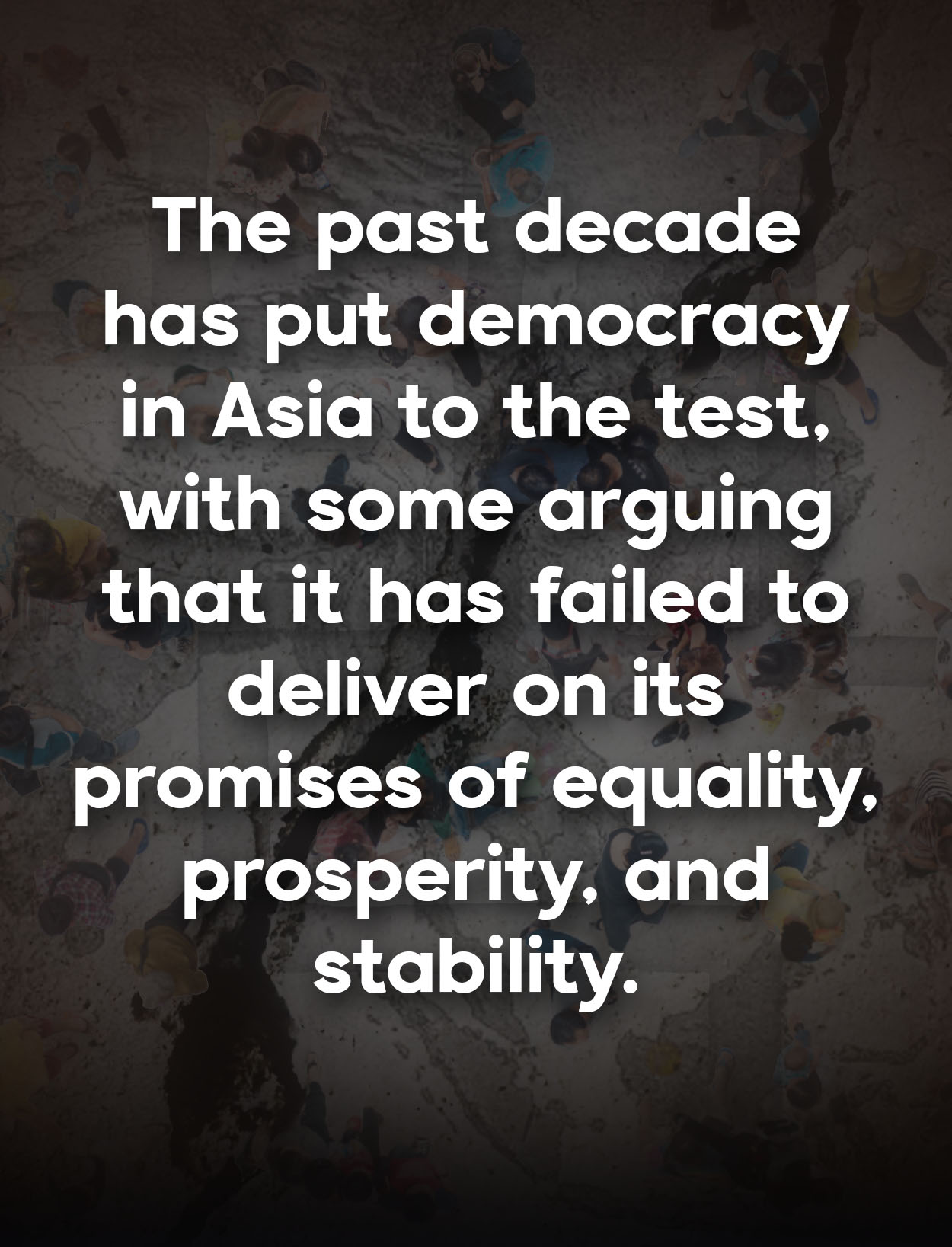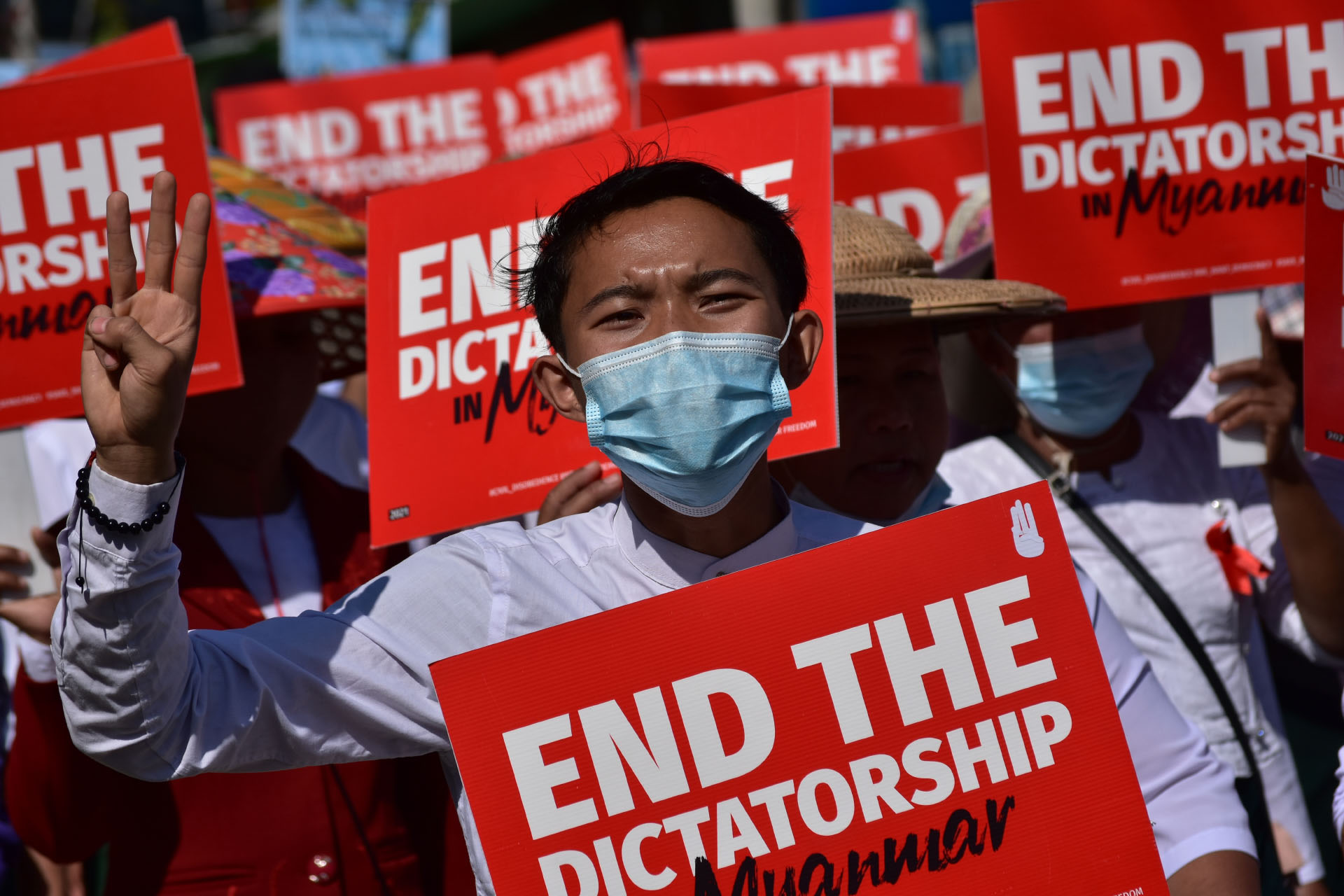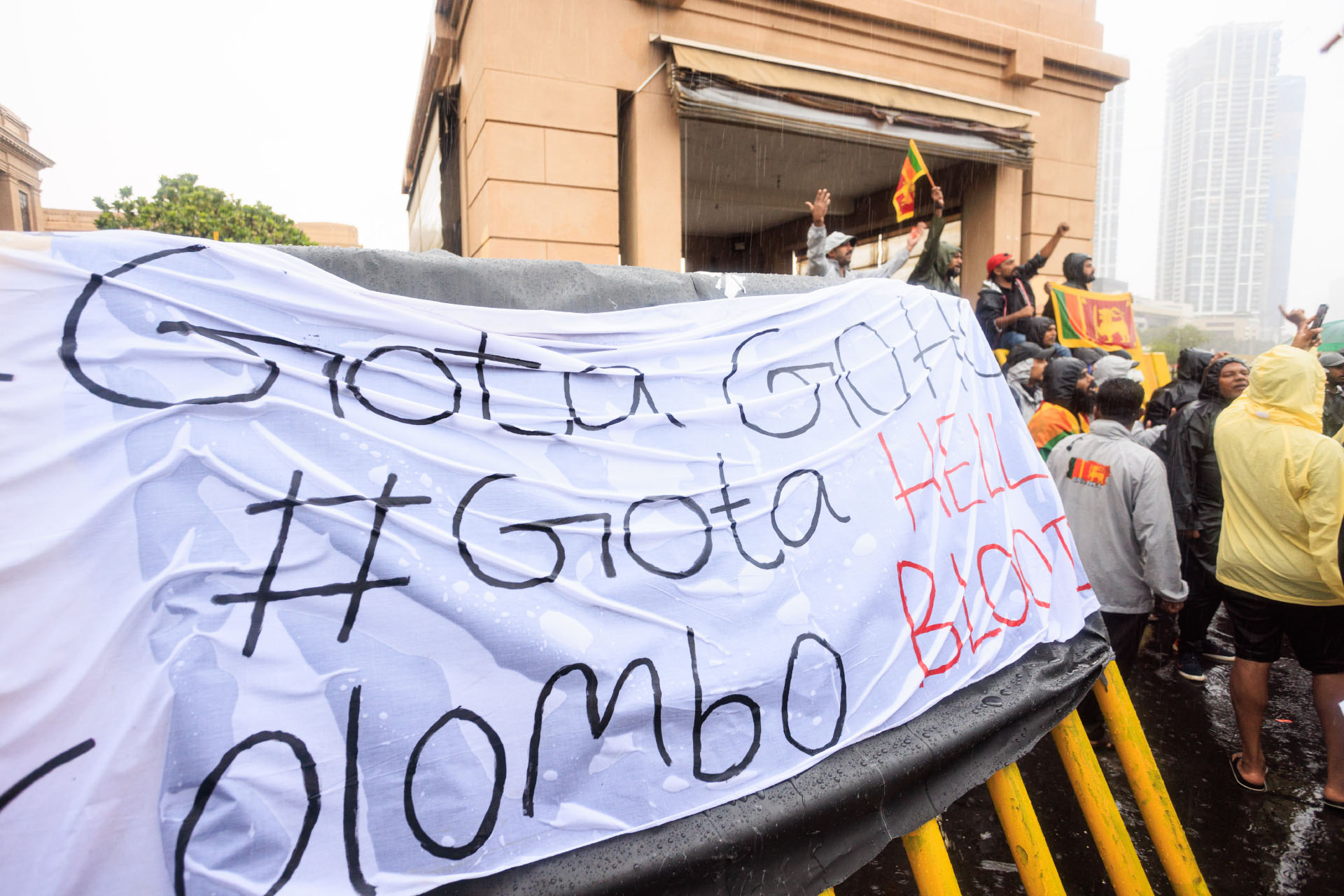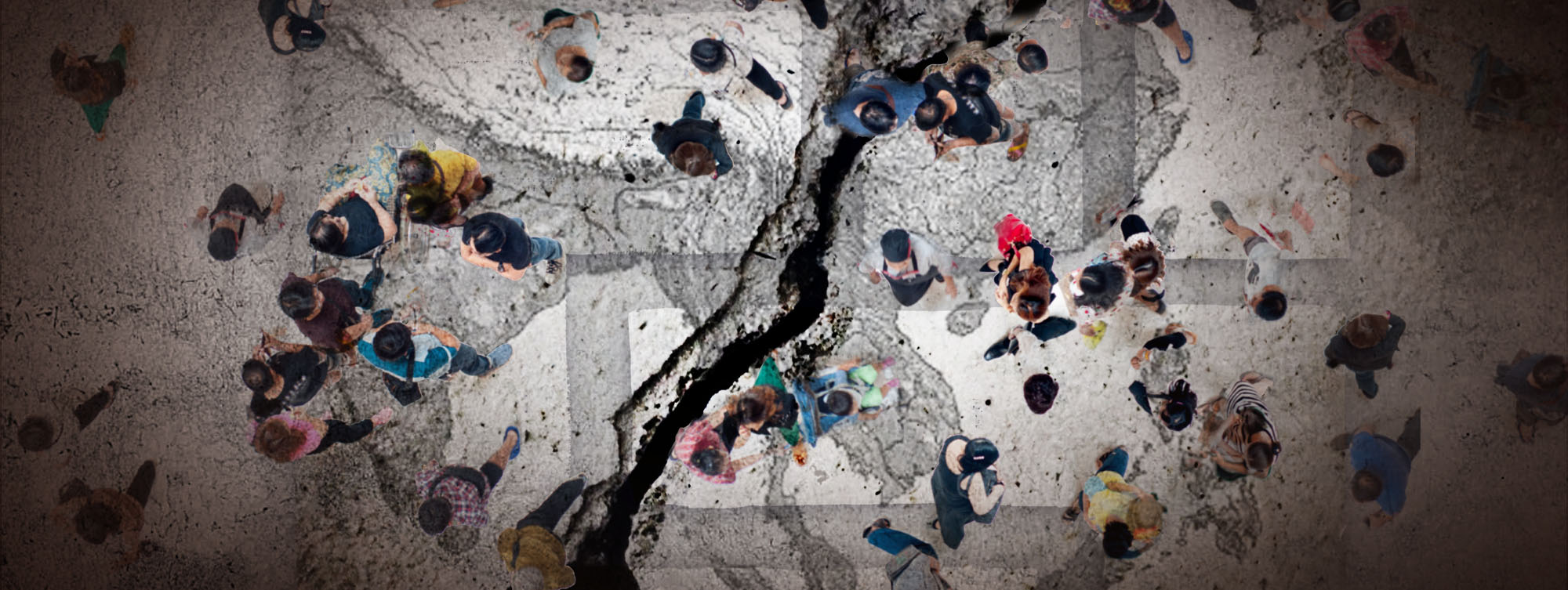|
Getting your Trinity Audio player ready...
|
This article is the ninth in a 10-part series collectively themed “Fostering Democracy Movements,” an Asia Democracy Network special 10th anniversary report produced by the Asia Democracy Chronicles. The release of this series is also in commemoration of Human Rights Day on December 10, 2023. The entire report can be downloaded here.
In November last year, Nepal voted to swear in its second Parliament since the South Asian country’s 2015 federal constitution came into force. Over 3 million young people cast their ballots for the first time in what came to be one of Nepal’s most peaceful elections to date.
Unlike previous elections, this one in 2022 was “smooth” and “professional,” according to independent observers, a testament to Nepal’s “maturing” democratization. Moreover, of those elected to parliament and provincial legislatures, 33.1 percent and 36.4 percent were women, respectively.
But then only 21 women were elected over and beyond the minimum required by the constitution. The voter turnout was also a dismal 61 percent, 10 percentage points lower than that of 2017 and one of the worst in the region. And just months after former Maoist rebel Pushpa Kamal Dahal, known as Prachanda, was elected prime minister, a crisis ensued.
 Post-election, Prachanda’s old allies in the Communist Party of Nepal (Unified Marxist-Leninist) resigned from the government; his deputy prime minister followed suit a few weeks later.
Post-election, Prachanda’s old allies in the Communist Party of Nepal (Unified Marxist-Leninist) resigned from the government; his deputy prime minister followed suit a few weeks later.
Despite Prachanda winning a confidence vote twice, in January and March, jumping ship from his communist allies to back the neoliberal Nepali Congress may well be a sign of tumultuous days ahead for the fledgling democracy.
Official indicators show that over the past decade, Nepal has made some of the most progress in democratization in the region. But the fact that the parliament was dissolved in 2021 points to the fragility of struggling democracies. Previously, Mongolia and Timor-Leste had similarly experienced the dissolution of their own parliaments.
And, not unlike most developing countries in Asia, the politics of Nepal – a nation nestled between India and China – is being increasingly told through a geopolitical lens.
Indeed, the past decade has put democracy in Asia to the test, with some arguing that it has failed to deliver on its promises of equality, prosperity, and stability. With rising inequality, retreating social protection, and lingering colonial vestiges asserting themselves more violently, trust in democratic institutions in the last several years – even before the pandemic – has been at an all-time low.
| Corruption perception index (2022) |
| Graph 1: In more than half of the countries in Asia, people identify their governments with corruption, according to the 2022 Corruption Perception Index. |
| Source: Transparency International |
Autocrats 2.0
A new batch of electoral authoritarians, more methodical but as brutal as their predecessors, has been increasingly successful in consolidating power and embedding autocratic norms through laws, standards, and policies.
Meanwhile, power grabs in Myanmar, Afghanistan, and Thailand have disrupted and regressed what little foothold democracy has gained in these countries. Checks and balances in the militarist governments of Pakistan, Bangladesh, Cambodia, and Sri Lanka are being compromised with alarming frequency as well.
Not surprisingly, militarized and repressive governments have taken root in India, the Philippines, Indonesia, and, in much of the past decade, Malaysia. Power, much like the wealth and income of nations, is rapidly getting centralized in the hands of a few. Democratic institutions are being eroded as countries across the region see a rise in toxic majoritarian parliaments, partial judiciaries, repressive laws, and stifled mass media.
Disinformation and digital surveillance have become staples in the arsenal of autocrats, bending truth to power. State-sanctioned terror, including harassment, legal intimidation, and extrajudicial killings against activists, journalists, and ordinary folk, is breeding a climate of impunity. But for national leaders seeking to justify autocratic consolidation along the majoritarian identity, their most common targets have often been women, ethnic, and religious minorities.
| State-sanctioned terror |
| Graph 2: State-perpetrated violence is alarmingly high in eight countries in the region. Note: Move the cursor across the map to see how specific countries fare. |
| Source: Political Terror Scale 2022 |
Externally, the escalating geopolitical rivalry between U.S. allies and China is internationalizing internal and inter-state conflicts, arming authoritarians to the teeth, and emboldening wannabe dictators. Japan, South Korea, and Taiwan – acknowledged beacons of democracy in the region – are being strongly compelled to join a multi-polar military stand-off.
This is even as neoliberal policies of the previous decade have led to a decoupling of economic growth and democratic principles, perpetuating the myth of an Asian-style democracy – often founded on exclusion and suppression and ruled by strongmen.
With the current polycrisis of economic, social, and climate emergencies magnifying even the most minute of problems, pro-democracy groups are finding themselves in an uphill struggle as autocrats funnel public resentment into their arsenals.

Warning signs
Yet, any attempt to usher in a long-lasting shift in the opposite direction could benefit from priceless insights that can be gleaned from the region’s continuing democratic deconsolidation in the past decade.
For example, many scholars such as political scientist Marcus Mietzner have pointed out that, in many parts of South and Southeast Asia, democratic consolidation has been, at best, in its initial steps. The majority of these countries, especially in Southeast Asia, have only broken out of dictatorships in living memory (to name a few, Indonesia’s Suharto, the Philippines’ Marcos Sr., and Cambodia’s Pol Pot).
Taiwan, which stands out for being able to transition to democracy after a period of authoritarianism under Chiang Kai-shek’s militarist Kuomintang regime, should heed lessons from some of its Asian neighbors. The return of the Marcoses in the Philippines, Suharto’s former son-in-law Prabowo Subianto’s increasing influence in Indonesia, and Hun Sen’s dynastic regime are canaries in the coal mine, warning of the danger of forgotten histories.
Unlike in Argentina, where war criminals and dictators were convicted for their brutal national and international war crimes, tyrants and their militaries in Asia have been left mostly unscathed. With their ill-gotten assets intact and political clout usually put just on temporary hold, a rehabilitation is often not really far-fetched.
Failure to codify sufficient safeguards, together with weak enforcement and oversight, as exemplified by the rule of law worsening collectively by 18 percent since the pandemic, contributes to an enabling environment for autocrats.
Discrediting democratic transitions has been further aided by the fact that the promised democratic transfer of wealth never materialized, while inequality increased under so-called democratic regimes. For the most part, Mietzner argues, that democratic consolidation has been centered mostly on urban and peri-urban areas, with regions like Indonesia’s West Papua, South Thailand, and, to some extent, Mindanao in the Philippines – i.e. areas with significant populations of national minorities – being left behind.
These have paved the way for future anti-elite and pro-majoritarian autocrats to establish their own perverted conceptions of modernity on a solid and influential foundation. Thailand’s Thaksin Shinawatra and the Philippines’ Rodrigo Duterte largely ran on platforms vilifying national elites.
| Weakening rule of law |
| Graph 3: Twelve of 15 countries where data is available have witnessed a decline in rule of law since the COVID-19 pandemic. Note: Move the cursor across the map to see how specific countries fare. |
| Source: Political Terror Scale 2022 |

A turning point?
Interestingly, discussions on climate change in recent years introduced the notion of resilience to the realms of politics and economics. This has spawned a growing scholarship on democratic resilience, or the ability of the people to hold their governments accountable, shifting the onus away from electoral exercises.
According to indicators of democracy released this year, the democratic decline in the region may have plateaued and reached an inflection point.
Vital indicators for democratic resilience continue to hemorrhage, however.
Representation and participation took the largest hits in the past decade, with average declines of 3.4 percent and 2 percent, respectively. But the last three years have relatively accelerated this deconsolidation further, by 12 percent and 33 percent, respectively.
The 2020 pandemic was a harsh litmus test for the responsiveness of democracies in the region, and only a select few delivered. Countries like Malaysia and Sri Lanka exhibit a noticeable difference between the 10-year and three-year changes in participation, indicating recent accelerations in decline. Even the Maldives and Bhutan, some of the biggest gainers in democratization in the past decade, have seen declines in rule of law and representation in the last three years.
But increasing resilience alone may not be enough to force a U-turn. Mietzner, an associate professor at the Coral Bell School of Asia-Pacific Affairs at the Australian National University, argues that a conceptual “democratic rupture” is required to slam the brakes on autocratization in Asia, as opposed to the gradual reforms that democratic resilience implies.
And history seems to back this view, as large-scale youth-led movements in Hong Kong, Thailand, and Myanmar, and to some extent, Bangladesh and the Philippines, have helped disrupt autocratic maneuvers in the past few years.
While many aren’t overly optimistic about the future of democracy in Asia with rising geopolitical tensions, worsening economic crises, and increasingly repressive regimes at the reins, the sliver of hope is that it brings about greater waves of democratic ruptures.
There are clear and mounting barriers and setbacks to democratic consolidation in the region. But it’s clear as well that a fresh generation of resolute pro-democracy movements is rising to the challenge.◉



















